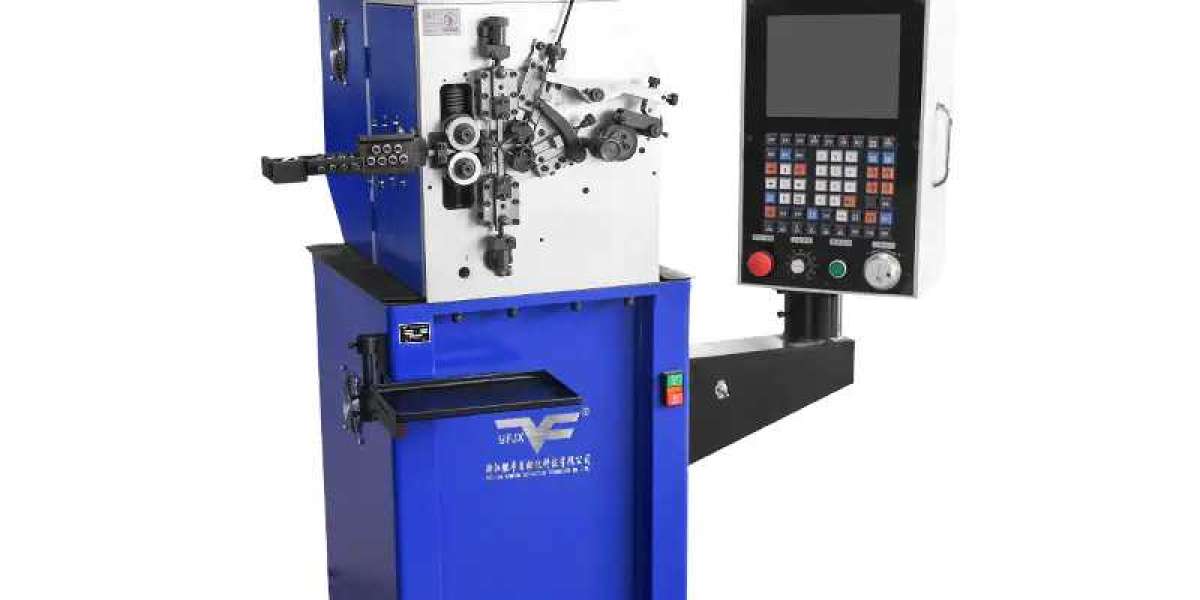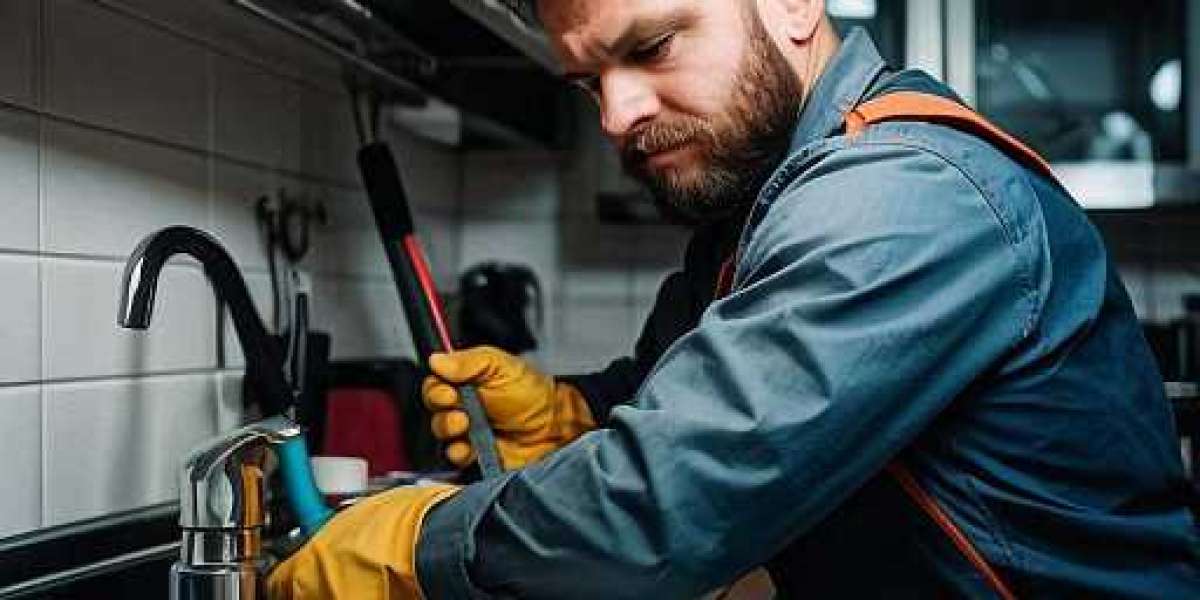As the demand for personalized products escalates, industries are turning to advanced machinery that can keep up with evolving requirements. Spring machines and coiling machines have emerged as key players in this shift, offering unparalleled flexibility and precision. This article delves into how these machines have adapted to meet customization needs across various sectors, from automotive to consumer goods, highlighting their unique capabilities in this dynamic market.
The Shift Towards Customization
Gone are the days when mass production ruled the manufacturing world. Today's consumers expect products tailored to their preferences, whether in automotive parts, electronics, or household items. Customization is now a standard expectation, driving manufacturers to seek machines that can easily adapt to various designs, sizes, and specifications without incurring significant downtime or setup costs.
Enter the spring machine and coiling machine. These versatile tools have become integral to many production lines, thanks to their ability to accommodate diverse product requirements. Their modern, programmable features enable manufacturers to switch between projects with ease, supporting mass customization without sacrificing efficiency.
Spring Machines: Precision and Flexibility
Spring machines are designed to manufacture different types of springs, including compression, tension, and torsion springs. These springs find applications in a wide range of industries, from automotive and aerospace to electronics and medical devices. Modern spring machines are highly adaptable, thanks to CNC (Computer Numerical Control) technology, which allows precise control over production parameters.
With CNC technology, operators can easily adjust settings such as wire diameter, spring length, and tension, ensuring accurate production of customized springs. This precision is crucial for industries that require specific spring characteristics, such as varied suspension systems in vehicles or specialized springs in medical equipment.
Coiling Machines: Adapting to Diverse Needs
Coiling machines are essential for producing coiled products like wires, cables, and springs, and are used in various industries, including telecommunications, energy, and consumer electronics. These machines also benefit from CNC technology, which allows for automated adjustments in coiling parameters, such as diameter, tension, and length.
The flexibility of coiling machines enables manufacturers to produce customized coiled products efficiently, whether it's tightly wound coils for electronic components or flexible coils for power cables. This adaptability ensures that manufacturers can meet specific requirements quickly, whether they are handling small custom orders or large-scale production.
Customization Through Quick Adjustments
One of the standout features of modern spring and coiling machines is their ability to make rapid adjustments without extensive retooling. This capability allows manufacturers to switch between different production specifications swiftly, accommodating a wide range of customer needs.
The ease of adapting to new designs and parameters helps manufacturers handle diverse projects efficiently, reducing overall production costs and increasing operational efficiency. This flexibility is particularly beneficial in industries with frequent design changes or custom orders.








